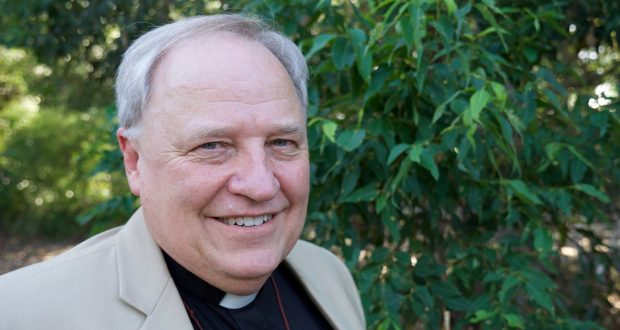There was an old bumper sticker that said, “Think global, act local”.
Our faith speaks about the great universal themes of creation, of reconciliation, of salvation. The Uniting Church, particularly, is energised by the large and broad issues that humanity and the nation are facing—anthropogenic climate change, the global refugee crisis, the world economic order.
Yet for many of us, local is where it’s at. It’s in local communities that we find a sense of belonging, crucial to a healthy and meaningful life. It’s in local communities that we serve and contribute generously for the health and strength of that community.
My observation of Brisbane in the 1980s was a series of villages with the veneer of a city overlaying those villages. Many families lived inter-generationally in the same suburb or locality.
As a “Parson’s kid”, we travelled around the state; the church wherever we lived was my local community. It used to be that churches in regional Queensland were an amalgam of the locals and the itinerants (the locals usually ran the place and “itinerants”—teachers, public servants, etc.—contributed by running Sunday Schools and youth ministry).
In adulthood, being a public servant in a number of locations, and then a minister, I became an itinerant. “You’ll be here for a couple of years, and then you’ll be gone,” was the wisdom of one elder in my first placement; his strategy was to enjoy whatever he liked that I brought to ministry and endure what he didn’t like. Ministers came and went; the local community lived on.
Some say the local community for many is now a virtual community residing in the World Wide Web; I’m not so sure. If anything, our economic order has demanded that for many their community is their workplace, not where they reside. That’s building on the sand.
It is the local that political parties, state-based and national organisations forget at their peril. “Think global, act local” has to have as its corollary a knowledge that what happens locally will ultimately play out on a broader sphere.
Ministers in congregational leadership are called to be a significant connecting point between local and those broader themes. Those broader themes are, in the end, about people, and about our joint home, this fragile earth. And what’s happening locally, must be articulated to the wider church, if the wider church is going to be adequately grounded and address issues in a meaningful way.
 JourneyOnline
JourneyOnline






